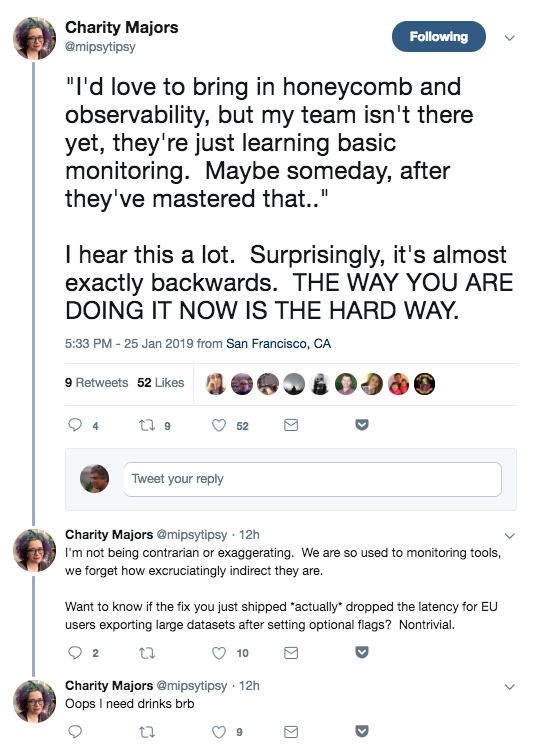For context: This post is about recruiting and job-seeking in the area of software development, testing, infrastructure engineering, and related disciplines. It isn’t general.
There’s a lot of discussion just now online and offline about endemic problems in the software industry around discrimination, pay discrepancies, hiring practices, humane workplaces, and questionable interviewing methods. Most of that discussion is highly emotionally charged, to such a degree that it’s “unsafe” to disagree with just about any comment online, or even to agree with a comment using words the “owners” (is “dominators” a word?) of the discussion haven’t approved.
That situation does not seem healthy or constructive to me. So, I thought I would take a few minutes to try and cut through some of the emotion to understand what’s wrong with recruiting and hiring in our field, and whether there are some concrete steps people can take, on both sides of the interviewing table, to improve things.
Continue reading Recruiting and interviewing in confusing times
